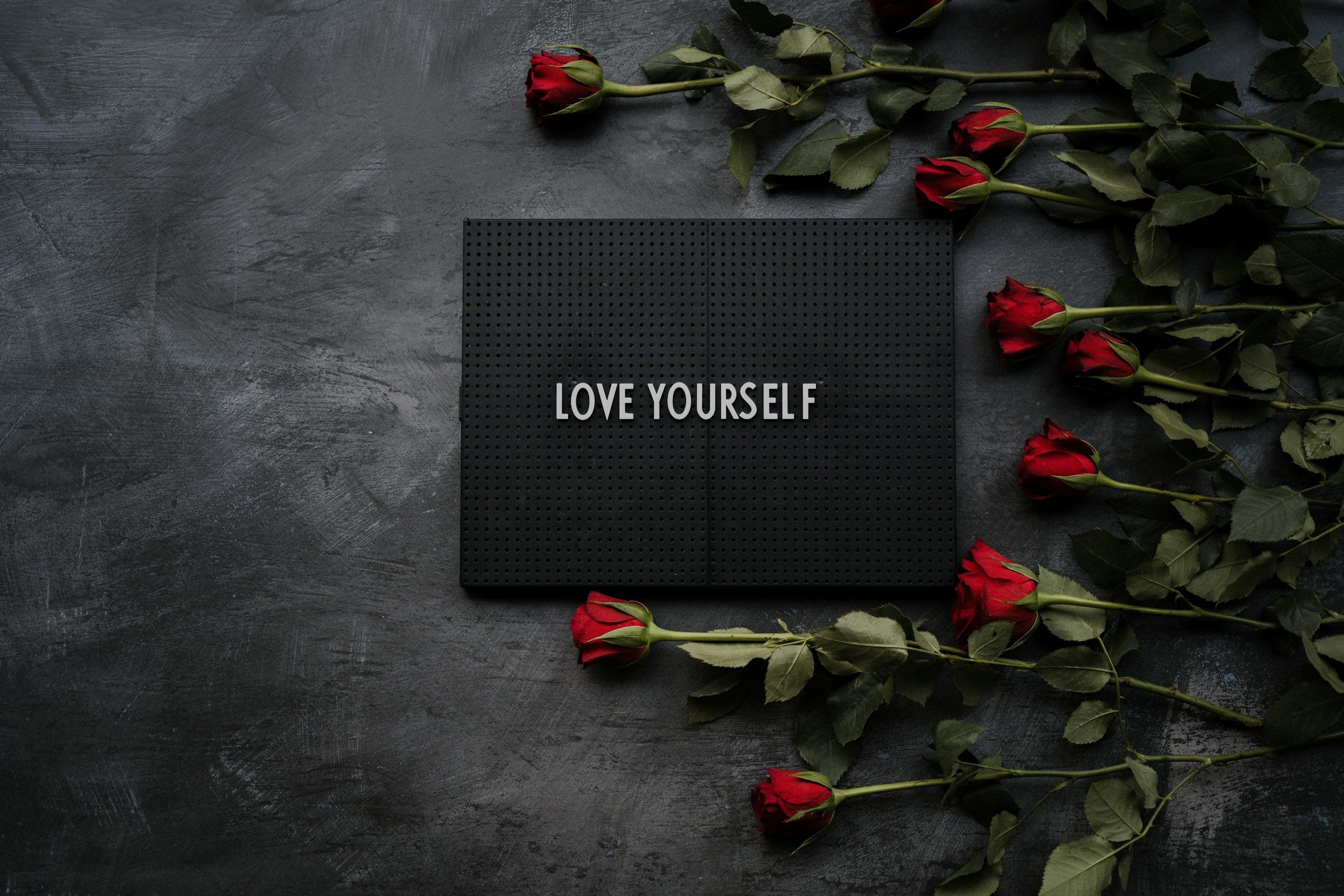I Keep Forgetting Where I Put My Phone – What’s Wrong With Me?
Key Takeaways
Chronic forgetfulness—like misplacing your phone—can stem from how your brain encodes routine actions, and physiognomy can reveal these traits.
Facial features such as a narrow forehead, sunken temples, or messy eyebrows are linked to scattered attention and poor memory in Chinese physiognomy.
Western physiognomy links forgetfulness to wide-set eyes, drooping eyelids, and a compressed mid-face, which may reflect low focus or impulsivity.
Practical solutions include setting visual anchors, habit-stacking, narrating actions aloud, and avoiding multitasking.
Physiognomy.ai offers personalised face-reading reports that help users understand and overcome forgetfulness by tapping into their unique facial blueprint.
Do you constantly misplace your phone, keys, wallet—or just about anything? You're not alone. For many people, this daily habit becomes a frustrating and time-wasting cycle. You tell yourself, “I'll remember where I put it,” but moments later, you're turning the house upside down.
Real Solutions: How to Stop Losing Things
Instead of vague advice like “be more mindful,” here are 5 concrete, specific changes you can start immediately:
Assign a fixed “landing zone”: Create a consistent drop-off area—right by the front door, your desk, or your bedside table. Use a small tray, hook, or basket so your brain develops a memory loop. Associating a location repeatedly builds mental muscle memory.
Use visual anchors: Place your phone near a bright, unique object (e.g., red mug, patterned cloth). When your brain can’t recall a neutral space, it remembers the “odd thing next to it.”
Narrate your actions aloud: When you put your phone down, say out loud: “I’m putting my phone on the shelf.” This forces your conscious brain to encode the action into short-term memory.
Use habit-stacking: If you make tea every morning, add a phone check or placement ritual to it. Habits linked together are easier to remember and repeat consistently.
Avoid multitasking when setting things down: Multitasking splits attention. When you’re distracted—like walking while answering a call—you’re more likely to place your phone somewhere and forget instantly. Stop, place, focus—then move on.
How Physiognomy Explains Your Forgetfulness
You might wonder—why do I, specifically, struggle with this? The truth is, some people are naturally more forgetful due to how they process visual-spatial memory, and this is often reflected in their facial structure.
Here’s what Chinese and Western physiognomy reveal:
Chinese Physiognomy Perspective
Narrow or indented upper forehead: This area governs abstract thinking and memory. A compressed Si‑ting suggests a “scattered mind,” making it hard to retain mundane details like where you left your phone.
Sunken temples: Temples relate to orientation and spatial memory. When this area is hollow or dark, it may indicate poor short-term retention and chronic forgetfulness.
Messy or sparse eyebrows: Eyebrows represent organisation and focus. Disordered brows reflect a wandering mind and weak executive control.
Thin, small ears with faint rims: Ears reflect kidney qi in Traditional Chinese Medicine (TCM), which is linked to memory. Weak or faint rims suggest lower vitality and recall ability.
Western Physiognomy Interpretation
Low, narrow, or sloped forehead: Associated with lower executive function and weaker working memory—historically read as “absent-mindedness.”
Wide-set eyes with soft focus: A sign of divided attention. A wide visual span may make it hard to focus on specific details, like remembering object placement.
Drooping eyelids: Seen as a symbol of low energy and reduced mental sharpness. Often linked to forgetfulness and lack of alertness.
Compressed mid-face (short philtrum, tight lips): In classical physiognomy, this indicates impulsivity—quick to act, but poor in mental “tagging” of routine actions.
How Can Physiognomy.ai Help You?
At Physiognomy.ai, our AI-powered face-reading tool doesn't just provide personality summaries—it reveals the deep-rooted traits behind habits, mental tendencies, and everyday struggles like chronic forgetfulness.
Identify if forgetfulness is linked to your constitution: Using advanced facial analysis, we pinpoint features that align with attention and memory control.
Personalised advice to enhance memory: Based on your facial structure, we offer targeted routines—whether to strengthen focus, build habit systems, or improve spatial awareness.
Insights beyond surface-level psychology: Unlike generic productivity tips, our guidance taps into your unique physiognomic blueprint.










